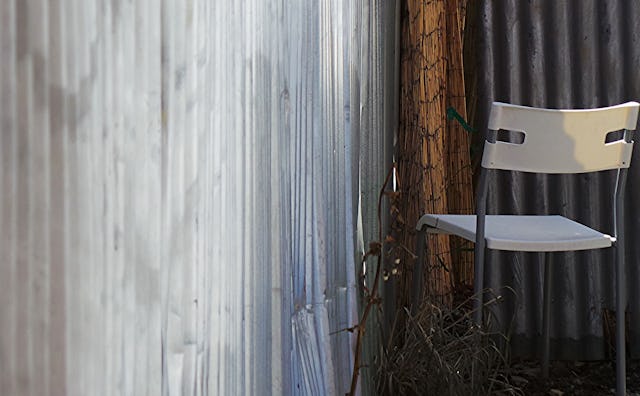The Poetic Justice of Bad Habits

As you may (or may not) remember from your high school English class, “poetic justice” is when a punishment fits the crime. In Dante’s vision of the Ninth Circle of Hell, a fiend punishes the sowers of discord and schism by continually splitting apart their bodies. Or a criminal sets an illegal trap, but then gets caught in the trap himself.
There’s a real poetic justice about habits. The reward for a good habit…is the good habit. As Ralph Waldo Emerson wrote, “The reward of a thing well done is to have done it.”
Even more striking is the poetic justice of bad habits. As a friend said to me, “I feel too anxious to tackle my bad habits, but my bad habits are what make me anxious.” One survey found that some women who worry about their finances use “retail therapy” to feel better—they shop in order to cope with their anxiety. Gamblers who worry about money distract themselves by gambling. When procrastinators fall behind, working on the task makes them so anxious that they have to stop working in order to feel better; as someone wrote on my blog, “I feel anxious because I’m not getting anything done, so I get a massage to feel better. But I don’t get anything done, because I’m busy with things like getting a massage.”
People who feel less guilt and who show compassion toward themselves in the face of failure are better able to regain self-control.
In his memoir about his weight loss, Never Goin’ Back, Al Roker describes the morning he promised his dying father that he’d lose weight. Later that day, he recalls, “I was so upset about my promise to lose weight, in fact, that I had two grilled cheese and bacon sandwiches for lunch.”
Although some people assume that strong feelings of guilt or shame act as safeguards to help people stick to good habits, the opposite is true.
Guilt and shame about a bad habit can make people feel so bad that they seek to make themselves feel better—by indulging in the very habit that made them feel bad in the first place. Which is where the poetic justice kicks in.
By contrast, people who feel less guilt and who show compassion toward themselves in the face of failure are better able to regain self-control—and therefore better able to resist indulging in the bad habits that make them feel bad.
Instead of viewing our stumbles as evidence that we’re weak or undisciplined or lazy, we can see our stumbles as part of the habit-formation process. Telling ourselves things like, “It happens,” “We’ve all done it,” “I’ll act differently next time,” or “What I do most days matters more than what I do once in a while,” helps us learn from a misstep, and do better next time. That kind of self-encouragement is a greater safeguard than self-blame.
To read more by Gretchen Rubin, visit her site.
This article was originally published on